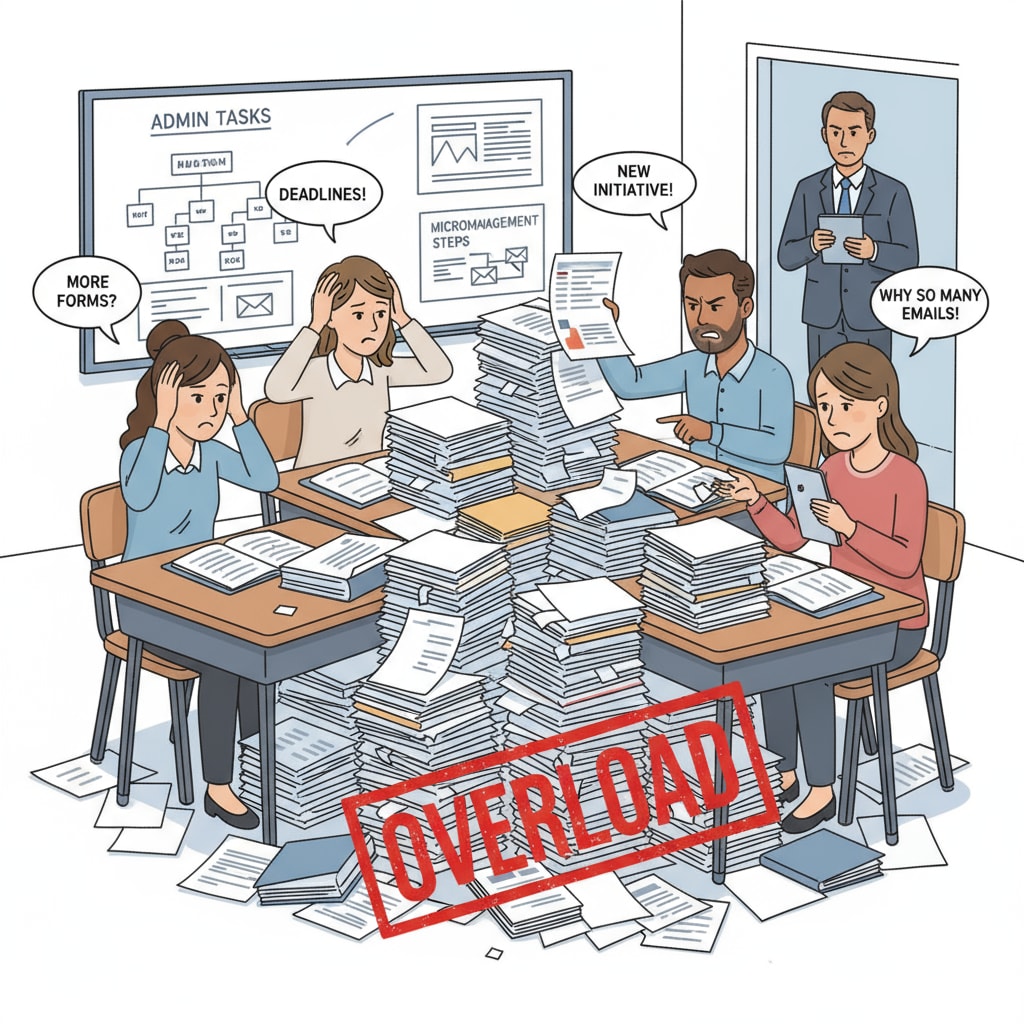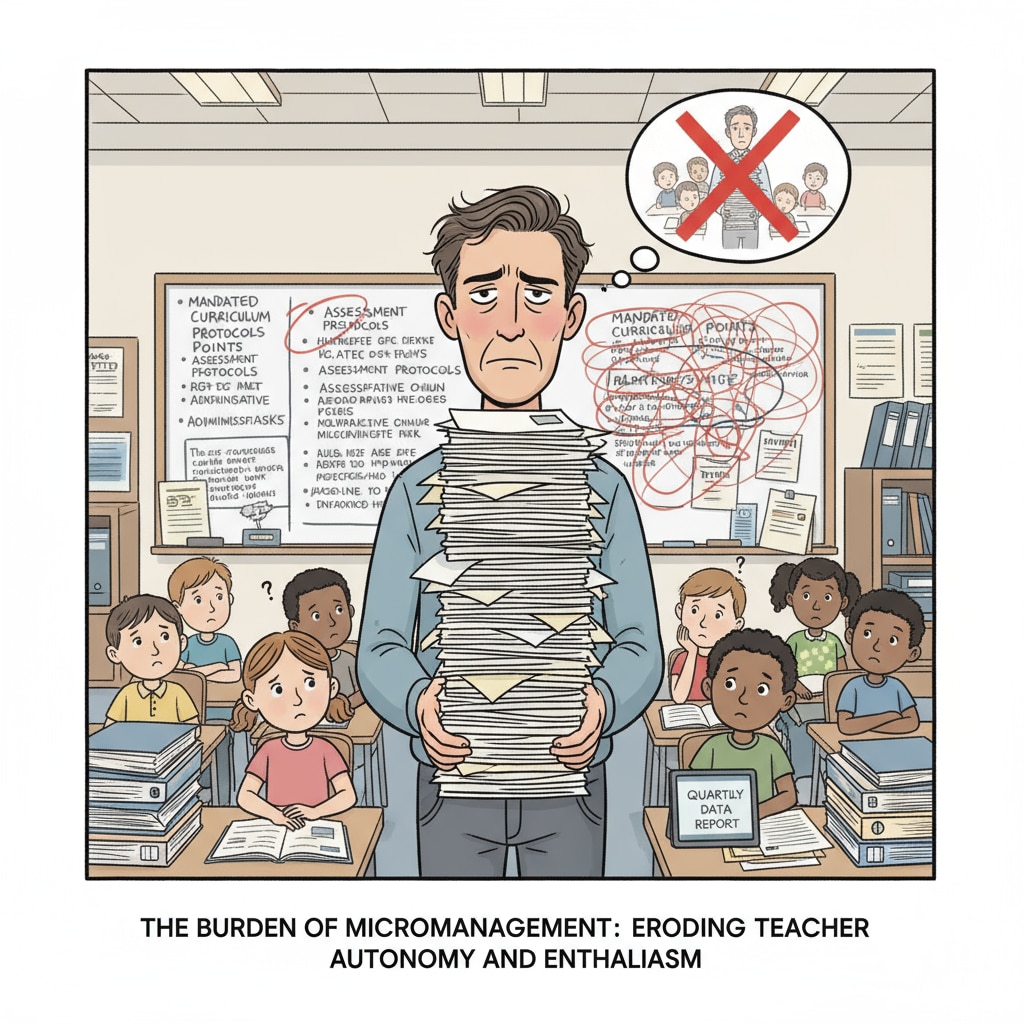In the contemporary K12 education system, micro – management, teaching autonomy, and workload are intertwined issues that are taking a toll on educators. Teachers, the backbone of the educational system, are often caught in the crossfire of excessive administrative control, which not only restricts their teaching autonomy but also piles on an overwhelming workload.

The Tyranny of Micro – management
Micro – management in education refers to the excessive and detailed control exerted by school administrators over teachers’ daily tasks. For example, administrators may dictate the exact teaching methods, the sequence of lessons, and even the materials to be used. This level of control leaves little room for teachers to exercise their professional judgment. According to the National Education Association, many teachers feel like they are merely following a script rather than being able to engage in creative teaching. This over – regulation is a significant hindrance to effective education, as it stifles teachers’ creativity and enthusiasm.
Eroding Teaching Autonomy
Teaching autonomy is the cornerstone of a successful educational experience. It allows teachers to design lessons that meet the diverse needs of their students, adapt to different learning styles, and incorporate innovative teaching techniques. However, micro – management chips away at this autonomy. Teachers may have their lesson plans scrutinized and modified to fit a standardized model, as described on Wikipedia’s page on education reform. As a result, they are less able to respond to the unique challenges and opportunities that arise in the classroom, leading to a less engaging learning environment for students.

The excessive workload that comes with micro – management is another significant problem. Teachers are now burdened with an increasing amount of administrative tasks, such as filling out detailed reports, attending numerous meetings, and complying with a plethora of regulations. These tasks take time away from what teachers do best – preparing engaging lessons and interacting with students. As a result, teachers may feel overwhelmed and burned out, which can ultimately affect the quality of education they provide.
Readability guidance: The problems of micro – management, eroding teaching autonomy, and heavy workload are clear. By understanding these issues, we can work towards creating an educational environment that respects teachers’ professionalism and allows them to focus on what truly matters – educating the next generation.


